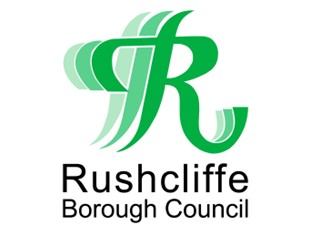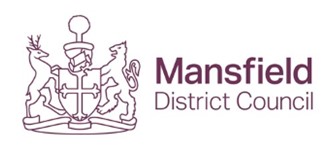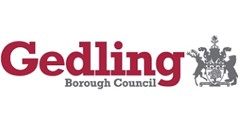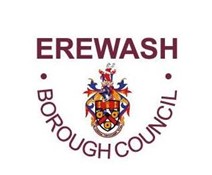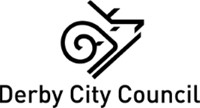The column below also appears in today’s (August 10) edition of the Derby Telegraph‘s weekly Business Supplement:
“As I write this the 2016 Olympics is only a few days old and Britain’s first Gold medal has been won by Adam Peaty, a swimmer who trains in Derby (congrats to him).
Whether you’re into sports or not – I happen to be – it’s been almost impossible to miss the publicity build-up to the Rio Olympics, not all of it positive.
I find it interesting that amid all the hype of the world’s largest sporting event, much more often the media is asking national organisers that common business question – ‘will you get a return on your investment?’
Admittedly, host countries do take a risk. Years before the first starting gun is fired, they invest massively in lobbying to get the Games; followed by further millions spent on infrastructure – not just sports related but transport, accommodation, security, communications, etc – to ensure success, rather than embarrassment, on the world stage.
The parallel with the athletes themselves – years of training weighed against a single point or split seconds on a single day – is clear.
So, why do it?
Real reward requires risk. The runner putting their health and sweat on the line in hopes of beating all-comers, the country publicly staking its claim as a mature economic power by hosting a ‘good Games’, the businessman or woman putting their time and money into a product because they believe in it.
Brazil’s hoped for short and long term ‘returns’ for its Olympic Games will include global political kudos, increased international business investment and more tourism.
Make no mistake that tourism or the Visitor Economy, though ultimately about providing fun and leisure time, must operate along sound business lines, weighing investment against return or profit.
In 2014 Derby, Derbyshire, Nottingham and Nottinghamshire – the area covered by my organisation, the D2N2 Local Enterprise Partnership – were visited around 442,000 times by international visitors who spent a healthy £165million (figures from VisitBritain); part of a larger £3billion contribution by the area to UK tourism. This is why the visitor economy one of D2N2’s eight key sectors and why we are directly investing in it, through our European Union funding and via unique initiatives such as The Grand Tour; Season Two of which is currently providing fresh and exciting exhibitions at established tourist sports such as Chatsworth House and Derby Museums.
We are not Brazil (you only have to look outside at the weather), but the landscape and cultural attractions offered by the D2N2 area provide its visitor economy with similarly golden opportunities to boost the economy, create businesses and grow jobs. A risk worth backing.
It only remains for me to wish the rest of Derbyshire’s Olympic hopefuls the very best of luck in Rio.”
ENDS












